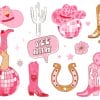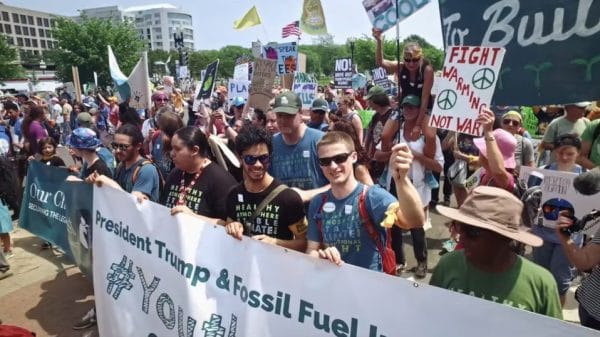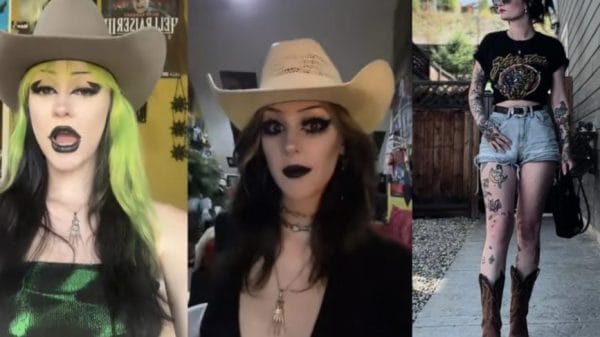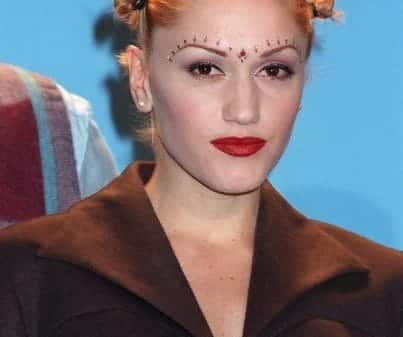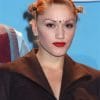The war between Millennials and Gen Z continues as a certain trend makes its way across TikTok. The bickering between the two generations remains light-hearted. However, the trend brings attention to the fear of aging that both groups share.
What is the ’90s Babies Look Younger’ trend?
This trend blew up on TikTok as Millennials born in the 1990s began posting videos of themselves with captions stating things along the lines of “90s babies look younger.” Sometimes the comments under these posts approve of the user’s self-image, but other times they strongly disagree. They often leave rude comments about wrinkles, gray hairs, or overall demeanor.
Despite some negative commenters, there’s a lot of evidence in support of Millennials’ self-reflection. Time Magazine even states that “we think of them as forever young,” going on to prove that Millennials show lower rates of smoking, higher rates of strong bonds, collegiate education, and more.
With these kinds of stats to boost their egos, why wouldn’t Millennials make themselves proud of how their generation is aging?
Gen Z’s response
The initial trend itself started by Millennials gained a lot of traction from Gen Z’s responses. Lots believe that the generation is lying to themselves about their appearance and look older than they think. Whether or not this is true is solely up to personal opinion. What’s undeniable is the response’s inherent fear of aging.
Gen Z, along with Generation Alpha, have grown up in a world full of cosmetic surgery, revolutionizing makeup, filters, and face serums. This beauty industry targets young people with the marketing tactic of “if you don’t buy, you’ll age.”
An article by Rhiannon Peacock shows how younger generations are obsessing over aging. She compares Gen Alpha’s obsession with age to that of Oscar Wilde’s Dorian Gray. Gray similarly goes on a consumptive rampage as an ode to his eternal beauty.
Despite the online back and forth, all younger generations share one thing in common. That is a distinct discomfort with aging that only seems to be getting worse.
Why do people fear aging?
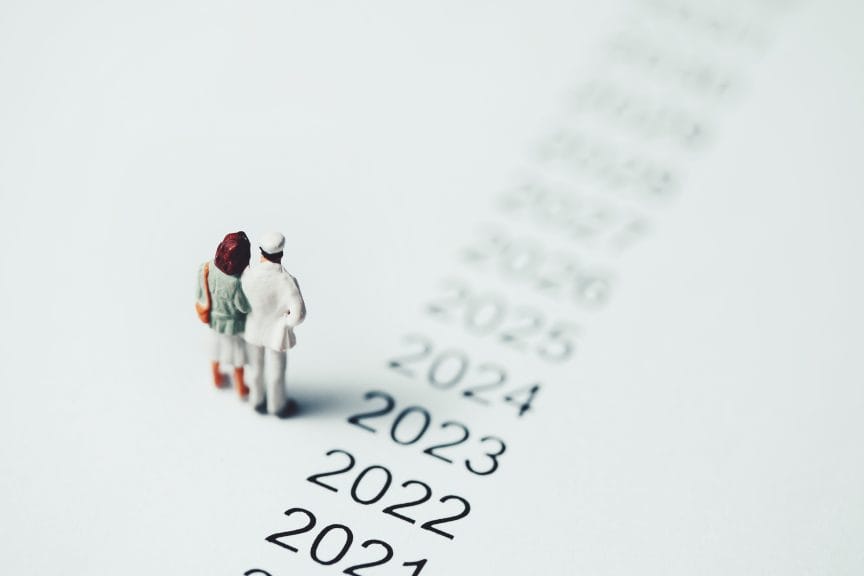
Media Influence
It is no secret that younger generations have fallen victim to obsessive social media use. Filters, editing, and influencers have inflated our view of what “beauty” means and how authentically it exists in everyday life.
As Elite Daily lists as one of the reasons 90s babies are reminiscent of their childhoods, “Instagram didn’t exist, but Polaroid i-Zone sticker cameras did, and those were the sh*t.”
Social media hasn’t only affected how we view ourselves but also how important the way others view us has become. This is why apps like Instagram have begun to get rid of the like counter feature in an attempt to make posting more about what the user wants to share and less about how well it is being received by friends.
Newer trends are also trying to fight against social media’s deceitful portrayal of reality. The “since social media is fake trend” is one of them.
Cosmetic Industry
Another culprit of fear gouging is the cosmetic industry. Makeup has been feeding into the anti-aging rhetoric for years. Now it seems that skin care is the new villain. What started as an effort to get people to take care of their skin has quickly changed into an anti-wrinkle, anti-smile lines, and anti-eye bags campaign.
Drunk Elephant is often brought up when it comes to the industry’s focus on young children.
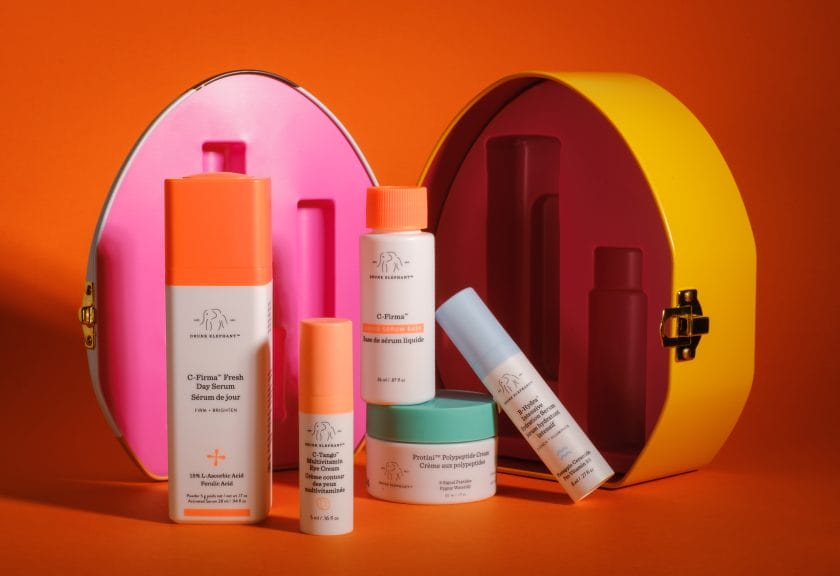
Glamour Magazine shared the story of their executive editor Natasha Pearlman receiving a Christmas list from her nine-year-old daughter that looked like it was, “copy and pasted from a beauty influencer’s Amazon storefront. At the top wasn’t a specific product, but an entire skincare brand: Drunk Elephant.”
This along with an increased accessibility to cosmetic surgery is heavily impacting younger generations, especially young girls.
Advertisement Targeting
While a fear of aging is present in almost all people in these younger generations, it is clear that media, cosmetics, and the advertising industry are targeting young girls the most.
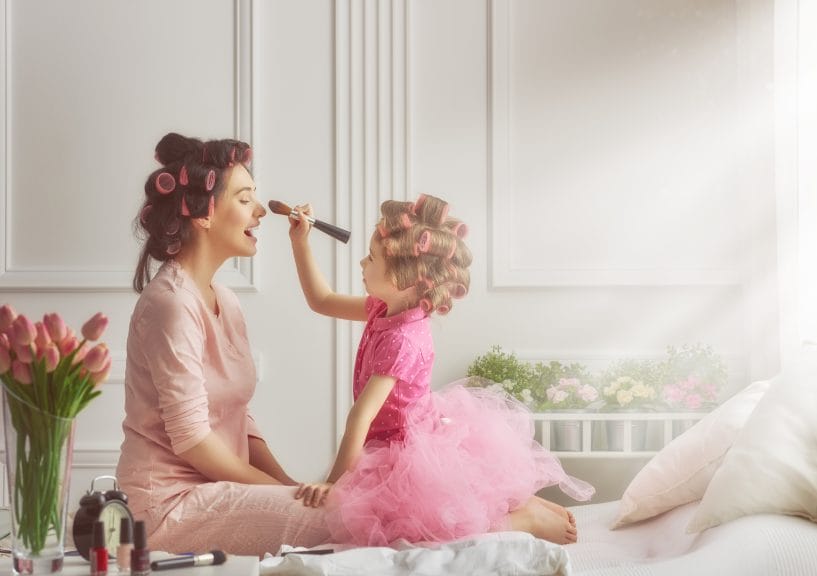
Even the feedback concerning the ’90s babies look younger’ trend mostly surrounds posts from women.
CNN coined the term “femvertising” showing how beneficial it is for these brands to target women. Brands like Always and HelloFlo use women’s empowerment as a strategy to boost sales. Whether the campaign is authentic or not it does lead to an increase in purchases and viewership.
However, when companies such as Sephora and Drunk Elephant do the same, the authenticity of their approach matters a bit less. Because no matter how good-intentioned the ads are, targeting women inevitably leads to the stark difference between how men and women view aging and beauty.






